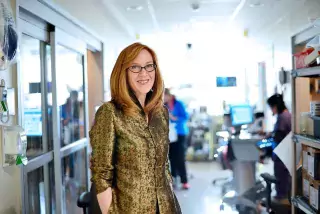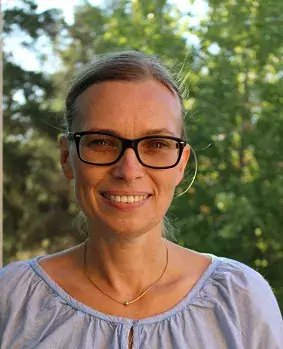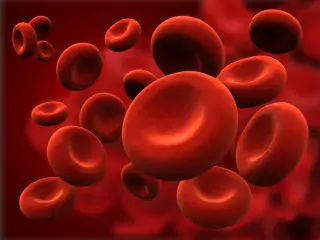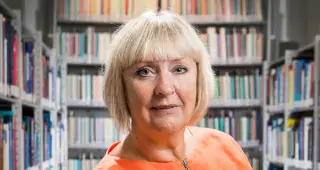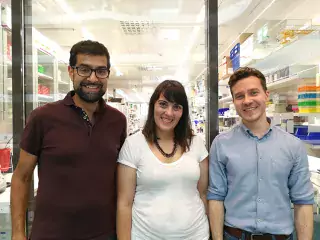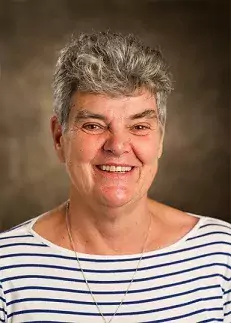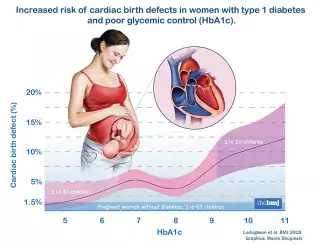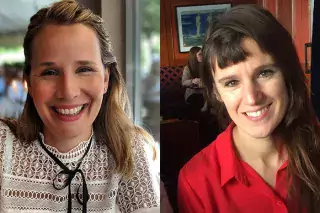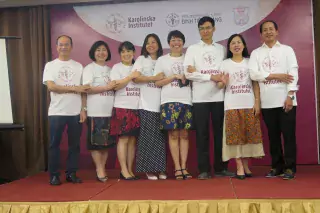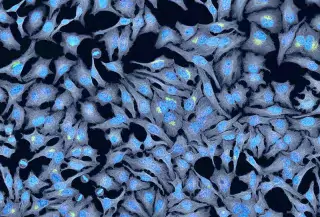News archive
On this page you can search for older news. Choose a topic, type of news or enter your own keyword to filter out news.
View compact
Katja Petzold has received the Ampere prize for Young Investigators during the EUROMAR conference in Nantes, France. The prize of 3,000 EUR was given in recognition of her achievements in using solution-state nuclear magnetic resonance spectroscopy (NMR) for the study the molecular mechanism of RNA function.
News
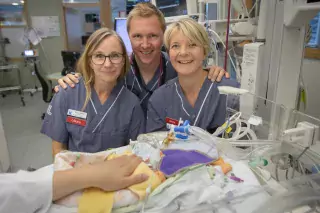
As soon as a baby is born, its immune system starts to change dramatically in response to the bacteria, viruses and so forth in its new environment, a phenomenon that is common to all babies, researchers from Karolinska Institutet in Sweden write in a paper published in Cell. The study was made possible using new techniques of immune cell analysis.
News
Successful pathogenic strains of pneumococci have two proteins that, owing to their location on the surface of the bacteria, enhance their survival and ability to cause disease, a study from Karolinska Institutet in Sweden published in Nature Communications, reports.
News
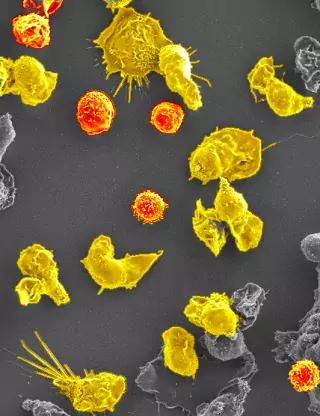
Failure to generate neutrophils in the bone marrow leads to devastating bacterial and fungal infections. Researchers from Karolinska Institutet have discovered a new pathway to elevate the number of tissue neutrophils by activating the cell cytoskeleton. The study is published in Journal of Clinical Investigation.
News
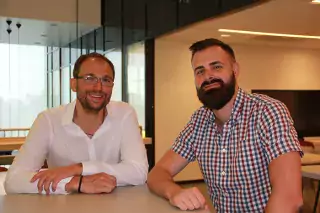
Receptor pharmacologists investigate how the body’s own transmitter substances and exogenous drugs affect cellular receptors to mediate and affect bodily functions.
News
People who carry genes that make them more susceptible to developing multiple sclerosis (MS) are at much greater risk of developing the disease if they have been exposed to paint, varnish and other solvents, according to a new study from Karolinska Institutet published in the journal Neurology. If they have also been smokers, the risk of developing MS is multiplied.
News
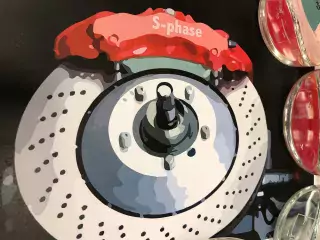
Researchers at Karolinska Institutet and the University of Sussex have discovered that the process of copying DNA generates a brake signal that stalls cell division. This molecular brake ensures that the cell has two complete copies of DNA before it divides and thus prevents DNA damage and cancer development. The study is published in the scientific journal Molecular Cell.
News
MTC researcher Kaisa Lehti is featured on AcademiaNet, after a nomination by the Swedish Research Council.
News

